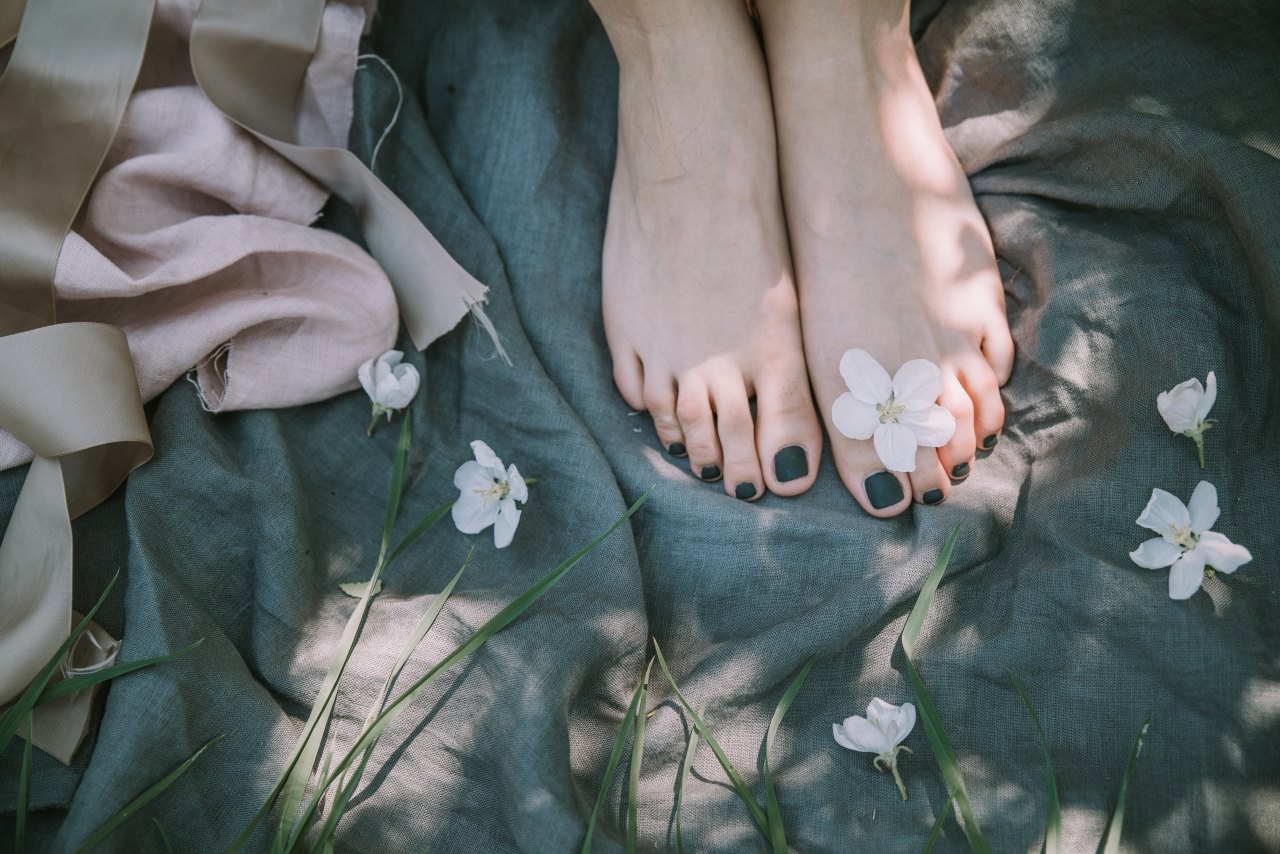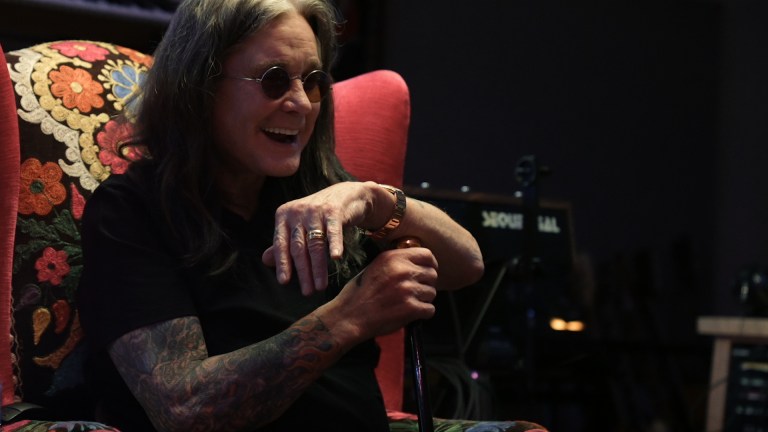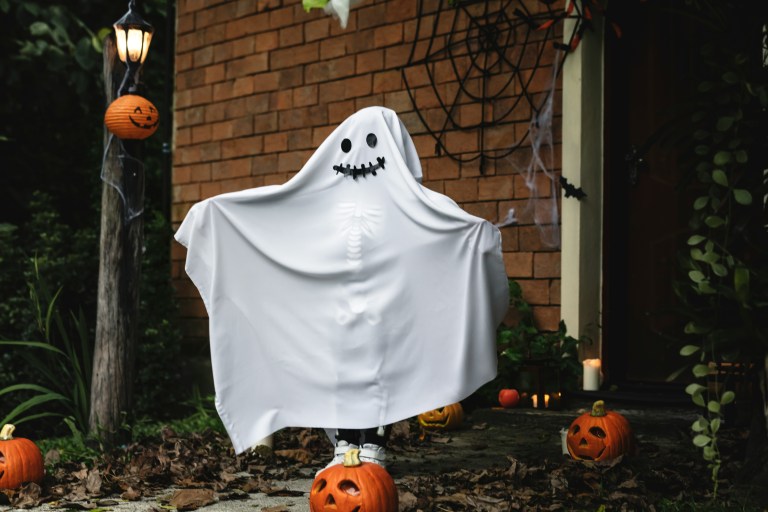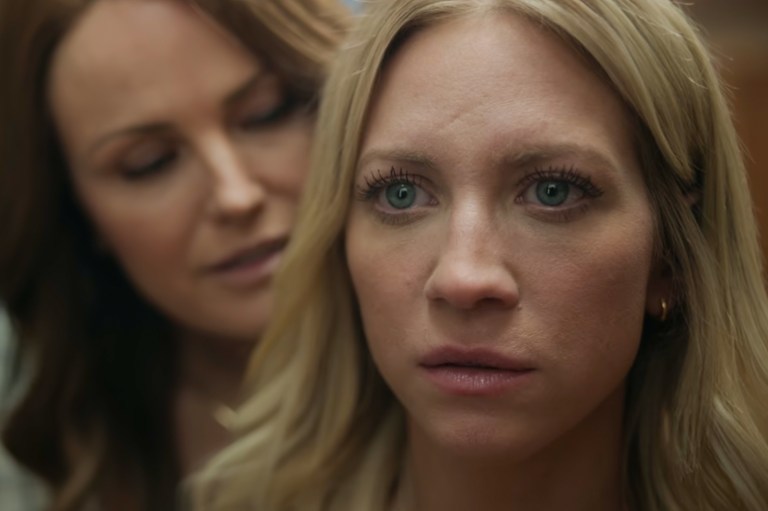
Scars To Live By: Skin To Live With
Throughout our lives, we learn to define ourselves. Whether by our career, relationships, or education— we find a way to classify ourselves and to make sense of our place in the world. My life has not been simple by any means, but I can say one thing for sure: I am not defined by my scars.
I believe wholeheartedly that scars tell a story. Scars can be emotional or physical. They can visible to all, or apparent only to the person who bears them. Sometimes scars are self-inflicted. Sometimes they are the result of an accident or a surgery. I have met people from all over the country who hide behind a mask of perfectionism because society seems to want us to be flawless. But we are all human—we all have scars.
As a young mother at 21, brimming with energy on the brink of adulthood, I faced a choice: I could move with my husband to the Miami Design District where he could focus on his software career, or stay in the dry, arid Rockies where I was born and raised. After discussing everything through, I agreed to move, certain my husband and I had figured everything out.
What I could not have imagined is the adventure my body would go through once I moved to a tropical climate from an environment with 0% humidity. This adventure started with a bump.
At first, I classified the problem as an ingrown hair. It was irritating but I figured it would soon go away. Unfortunately, that wasn’t the case. The bump did not go away. In fact—it continued to grow until it was about the size of a quarter and unbelievably painful. It sat on my inner thigh, right below my panty line, and I had no idea what to do about it. I was scared to go to the doctor. Frankly, it was painful just to move. Then I began researching. It could have been anything! Was it a cyst? A boil? A staph infection?
By the time I mustered the will to go to the doctor, that first bump had healed, leaving behind a small purple mark that was fading fast. I thought I was in the clear. Within a couple of months, however, two more bumps appeared.
Over the course of four years in Miami, I developed 40 similarly irksome bumps. Some went away, some I lanced, some left scars—but it was the emotional reality that, “something was happening,” that bothered me the most.
When we finally moved back to my Rocky Mountain homeland, I hoped that the problem would go away. There was a brief time during which I experienced absolutely no flare-ups. But I soon learned that the condition I had would never go away. While relocating to the Rockies seemed to cut my flare-ups in half, those that occurred were twice as painful. Numerous doctors were unable to diagnose my condition. Another five years passed until I became pregnant again and my OBGYN wisely identified the problem: “This is Hidradenitis Suppurativa (otherwise known as ‘acne inversa’),” she informed me.
After nearly a decade of suffering without much of an explanation, attaching a name to my condition took a weight off my shoulders. Today, I’m confident enough to go swimming again and to wear shorts (something I long avoided). I am enjoying my life again. I remain mindful that if I am not prepared at all times for an outbreak or if I do not take adequate physical precautions, the result will be a difficult healing period. But with several carefully thought out clothing changes I can control flare-ups. A diagnosis equipped me with the information I needed to get things under control to a certain extent. The scariest part to me: I have a mild case of HS. There are women and men whose scars run much deeper than my own.
That said, my scars, which are both emotional and physical, do not define me. And neither does this condition—because I refuse to let it. ![]()











